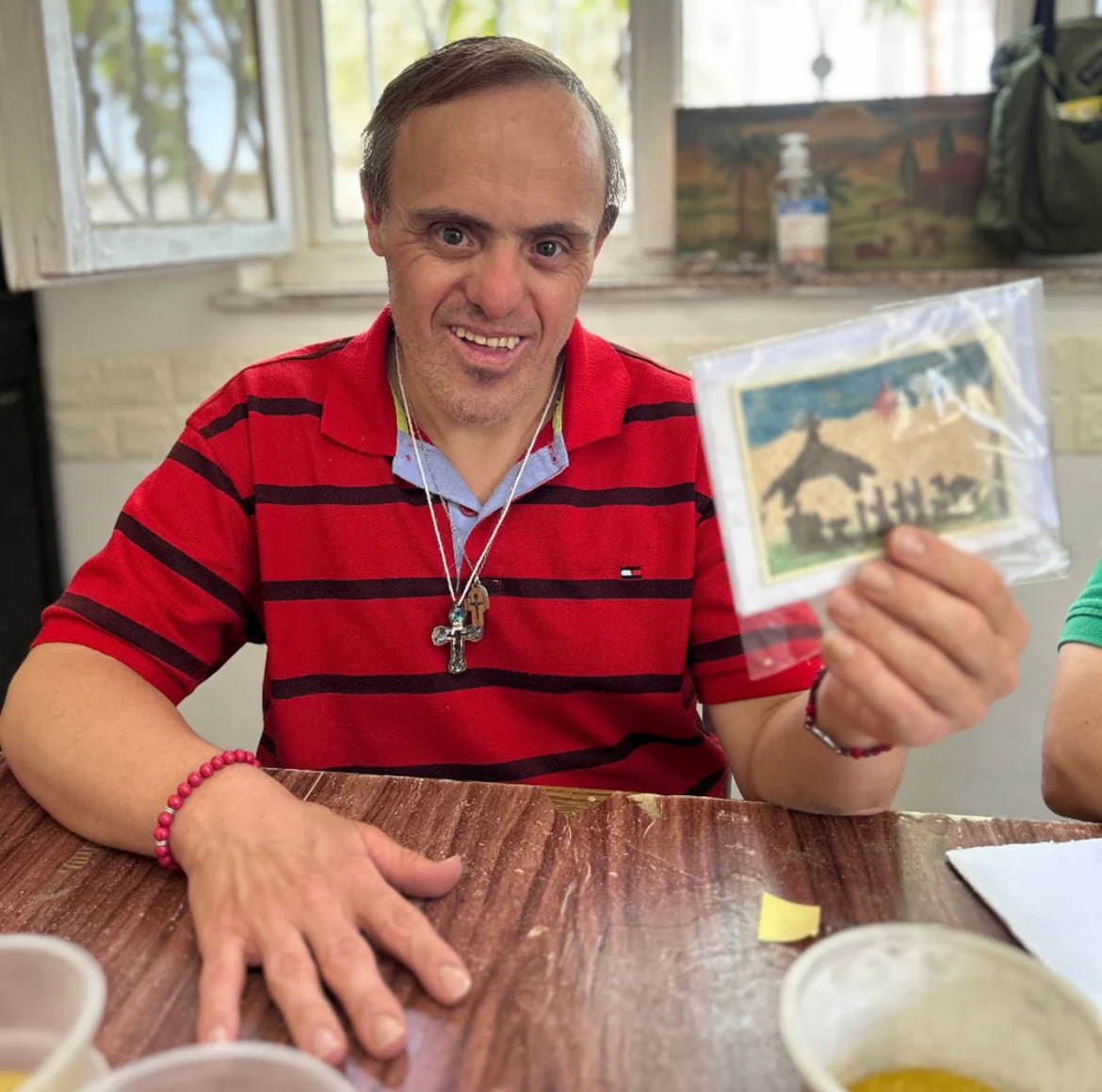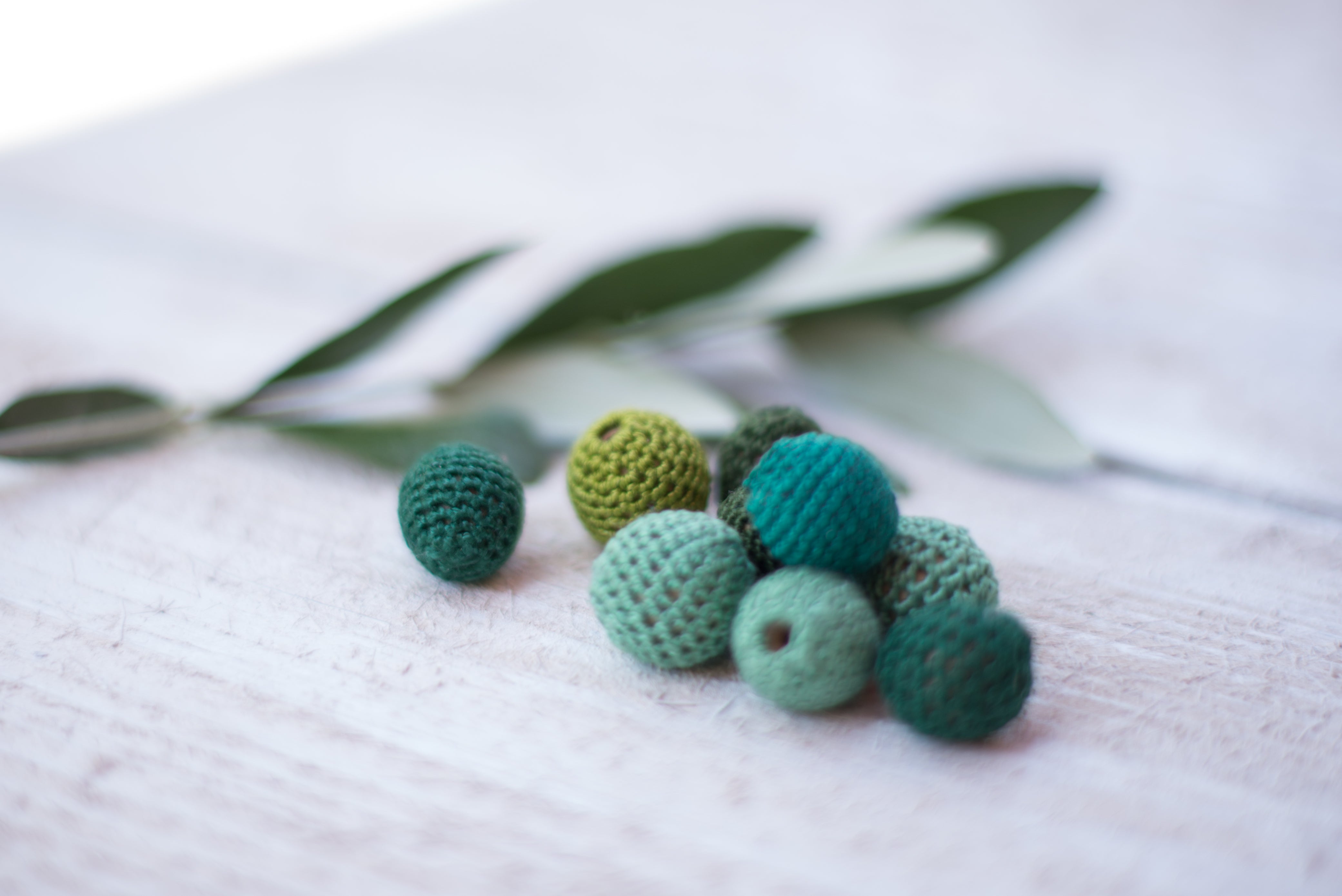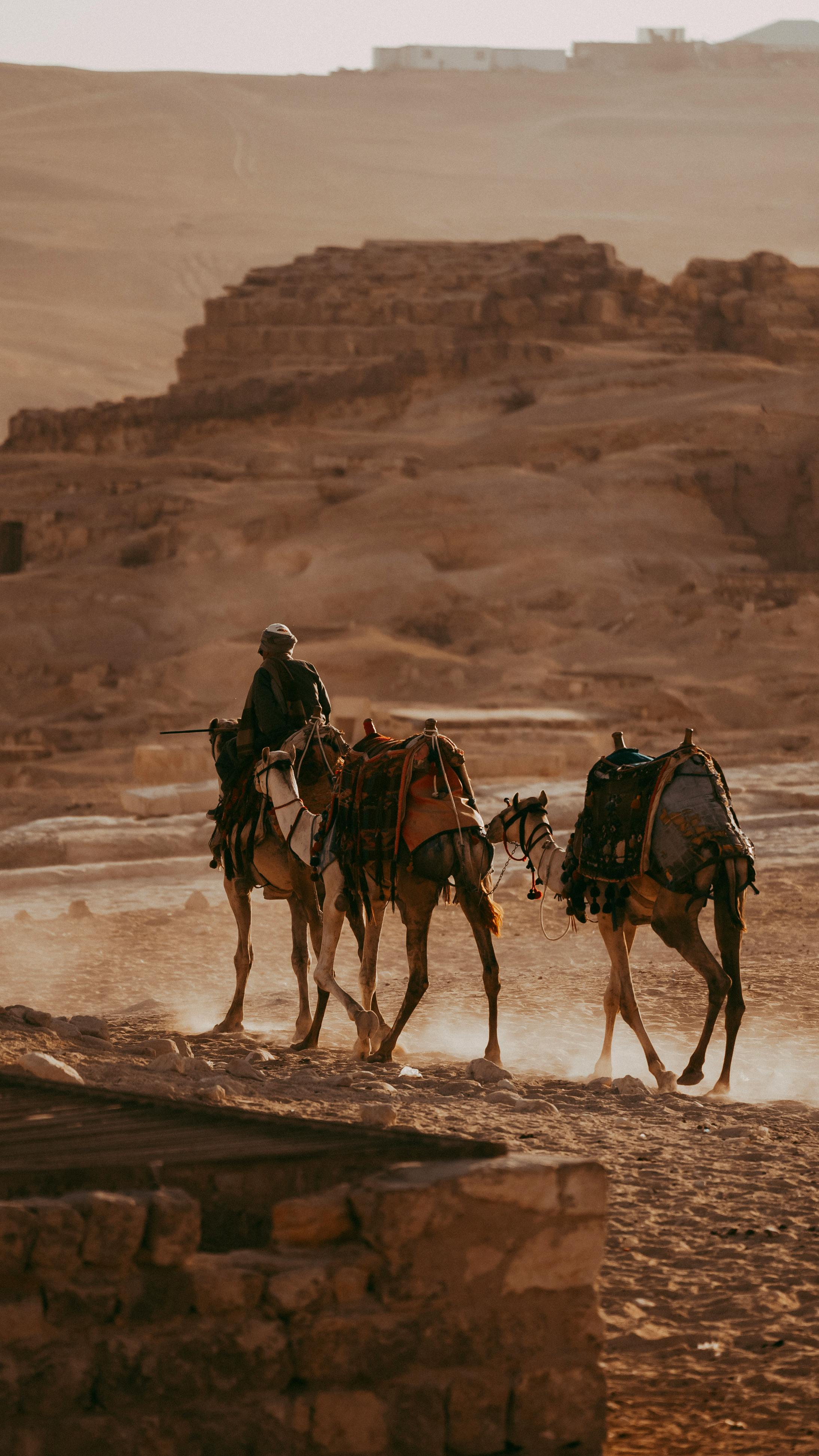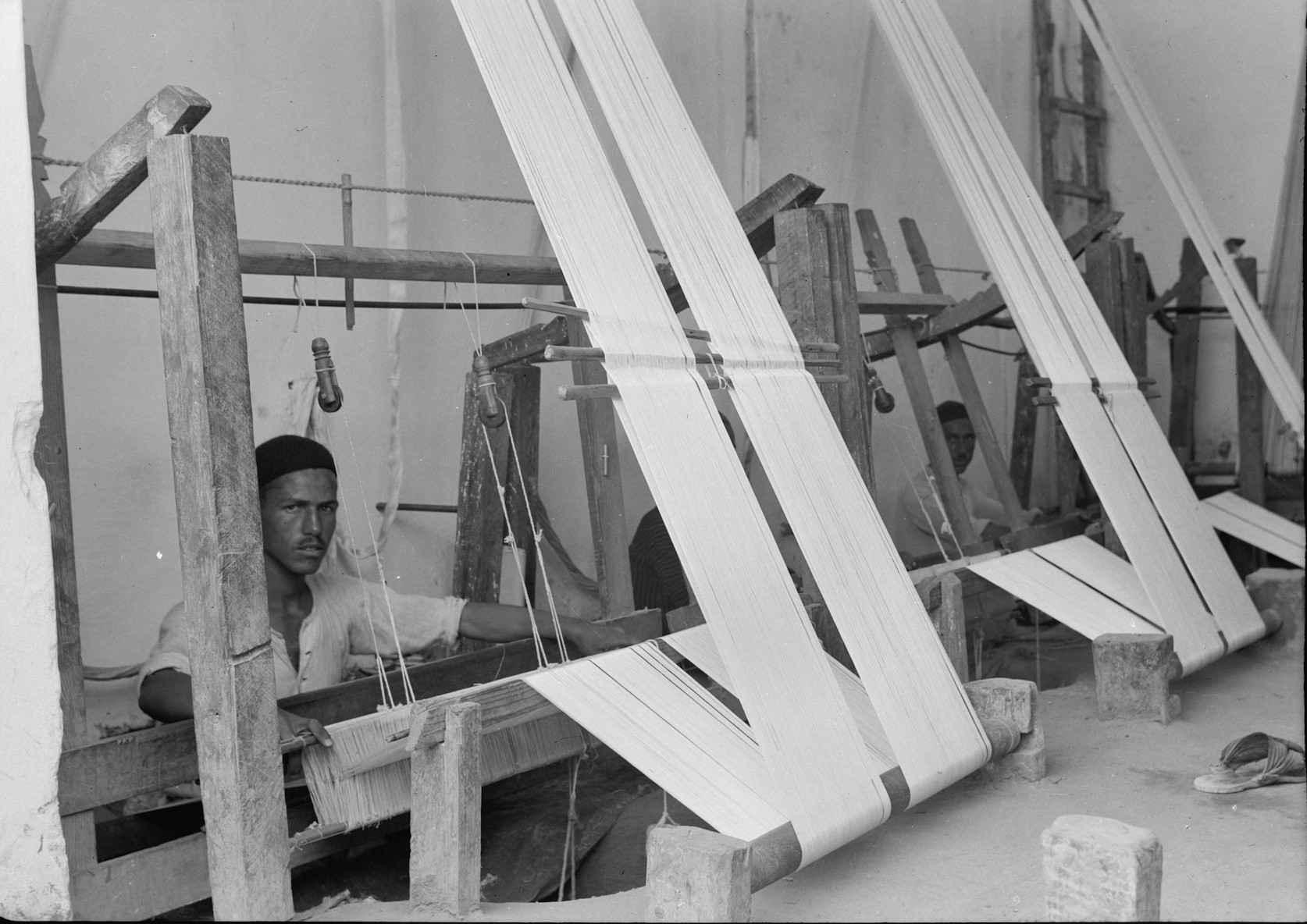
Meet Our Artisans: The Oasis Center for People with Intellectual Disabilities
At Handmade Palestine, we believe every handmade piece carries not only beauty but also a story. Some stories speak of heritage, others of resistance—and some shine with empowerment and dignity.
This month in our Meet Our Artisans series, we’re honored to introduce the Oasis Center for People with Intellectual Disabilities in Beit Sahour. Since 1998, this community-based nonprofit has been creating opportunities for people with intellectual disabilities to learn, create, and thrive through craft. Their work is more than art—it is a message of inclusion, resilience, and hope.

What is your group and where are you all located?
We are The Oasis Center for People with Intellectual Disabilities, a nonprofit community-based center located in Beit Sahour, Palestine. The center was founded in 1998 with a mission to empower individuals with intellectual disabilities through creativity, skill-building, and community support.
What kind of craft do you make?
Our workshops produce a wide variety of handmade crafts, including recycled paper art, candle making, ceramics, wood laser art, embroidery on wood, sand painting, and fabric painting using silk dyes. Each craft is a reflection of our participants’ talents and creativity.

How did you learn your craft?
The crafts at Oasis are part of a vocational rehabilitation program designed specifically for people with intellectual disabilities. Skilled trainers teach techniques and adapt them to each participant’s ability, ensuring that every person has the opportunity to create with dignity.
How many years have you been doing this work?
We have been active for more than 25 years, constantly growing our programs and expanding the impact we can make in our community.
Is this a family business? Do you work with others in your community?
This is not a family business. Oasis is part of the Health Work Committees, and we collaborate with schools, universities, and local organizations to promote inclusion, raise awareness, and build stronger community ties.
What do you love most about making your craft?
What we love most is watching transformation happen. We see participants move from hesitation to confidence, from dependency to productivity. Each finished piece represents joy, pride, and self-worth.
What does your craft mean to you personally?
For us, craft is not just about making things—it’s about empowerment, justice, and visibility. Every piece carries a human message: that people with disabilities have ability, dignity, and a rightful place in society.
Tell us about where you craft and your city.
We are based in Beit Sahour, a town known for its artistic traditions and strong community spirit. Here, we have access to local materials, partnerships, and tourism markets that value Palestinian handmade work.
HERITAGE, TRADITION & CONNECTION TO PALESTINE
Why is it important for you to continue this traditional craft in Palestine?
Craft preserves heritage while offering dignity through meaningful work. For us, it is also a form of resilience—keeping traditions alive despite political and economic challenges, while empowering people often left behind.
Does your work reflect a connection to Palestinian history, land, or culture? How?
Yes. Our designs feature traditional embroidery patterns, olive trees, the key of return, and native motifs—all symbols deeply tied to Palestinian identity.
Are there traditional patterns, materials, or stories in your work?
Absolutely. From the keffiyeh pattern to olive branches and cultural embroidery, our pieces tell stories rooted in memory and belonging.
How do you feel when people around the world support and use your products?
We feel proud and grateful. Every purchase gives our participants visibility, affirms their worth, and spreads a message of solidarity: that people with disabilities deserve opportunity, equality, and dignity. Each handmade item is more than a product—it is an act of support.
THE CRAFTING PROCESS
Can you describe how you create your work, step by step?
Each craft has its own process. For example:
• Candle making: Wax is melted, colors and scents are added, poured into molds, cooled, and then carefully packaged.
• Embroidery: Designs are chosen, fabric prepared, stitches taught step by step, and pieces completed with love.
What tools or materials do you use and where do you get them?
We use locally sourced materials such as wax, fabric, thread, sand, recycled paper, wood, and dyes. Supporting nearby markets also strengthens the local economy.

Are there any special techniques or symbols with historical or cultural meaning?
Yes. While techniques are simplified for accessibility, we always preserve cultural symbols and themes, keeping our heritage alive in every piece.
How long does it usually take to finish one piece?
It depends on the craft. A candle takes about 45 minutes, while a small embroidery piece may take 2–3 days, and sand paintings often take two days.
Has your style or technique changed over the years?
Yes. We adapt constantly—updating our designs, tools, and teaching methods based on participant needs and market trends—while staying true to our Palestinian identity.
WORKING IN PALESTINE
What are some challenges you face as an artisan in Palestine?
We face many challenges: limited funding, movement restrictions, high material costs, and lack of long-term support. These difficulties affect our sustainability, but we remain committed to our mission.
How has your work been affected by the war in Gaza and the political situation?
The crises have made operations even harder—donations are down, materials are scarce, and costs have risen. We rely more on volunteers and emergency planning to keep serving our participants.
What keeps you going despite the difficulties?
Our belief in every person’s right to be seen, valued, and empowered. The transformation we witness in our participants, together with support from local and international friends, keeps us strong.
What are your hopes for the future of your craft, your community, and your people?
We hope to expand the center, reach more individuals with disabilities, and share our handmade crafts with the world. Our dream is for a just, inclusive, and dignified society for all.

Every piece made at Oasis carries more than artistic value—it is a statement of resilience, creativity, and dignity. By supporting their work, you join a story of empowerment and solidarity in Palestine.
Shop the Oasis artisans Sand Art cards here and click to learn more.







Leave a comment
This site is protected by hCaptcha and the hCaptcha Privacy Policy and Terms of Service apply.